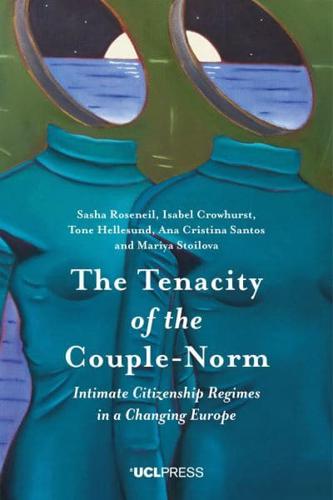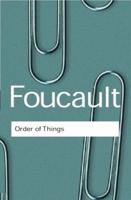Publisher's Synopsis
The Tenacity of the Couple-Norm explores the ongoing strength and insidious grip of couple-normativity across changing landscapes of law, policy and everyday life in four contrasting national contexts: the UK, Bulgaria, Norway and Portugal.
By investigating how the couple-norm is lived and experienced, how it has changed over time, and how it varies between places and social groups, this book provides a detailed analysis of changing intimate citizenship regimes in Europe, and makes a major intervention in understandings of the contemporary condition of personal life. The authors develop the feminist concept of 'intimate citizenship' and propose the new concept of 'intimate citizenship regime', offering a study of intimate citizenship regimes as normative systems that have been undergoing profound change in recent decades. Against the backdrop of processes of de-patriarchalization, liberalization, pluralization and homonormalization, the ongoing potency of the couple-norm becomes ever clearer.
The
authors provide an analysis of how the couple-form is institutionalized,
supported and mandated by legal regulations, social policies and everyday
practices, and how this serves to shape the intimate life choices and trajectories
of those who seem to be living aslant to the conventional heterosexual
cohabiting couple-form. Attending also to practices and moments that challenge
couple-normativity, both consciously chosen and explicit, as well as circumstantial,
subconscious and implicit, The Tenacity
of the Couple-Norm makes an important contribution to literatures on
citizenship, intimacy, family life, and social change in sociology, social
policy, socio-legal studies, gender/sexuality/queer studies and psychosocial
studies.
Praise for The Tenacity of the Couple-Norm
'The originality of The Tenacity of the Couple-Norm rests on its multifaceted historical observation and analysis of the recent developments of policies, social movements and cultures dominant in four different European countries and their effects on the intimate lives and relationships of individuals living outside the couple-norm. This book may serve as an invaluable work for academics and students who study intimate citizenship regimes, intimate and couple relationships and the ways such relationships accept or resist the norms of intimate citizenship.'
LSE Review of Books
'The book is innovative in topic, accessible in style, and promising in its potential to inform policy-making. Moreover, it will undoubtedly contribute to future scholarship in gender studies, sociology, anthropology and European studies.'
European Journal of Women's Studies
Sexualities









